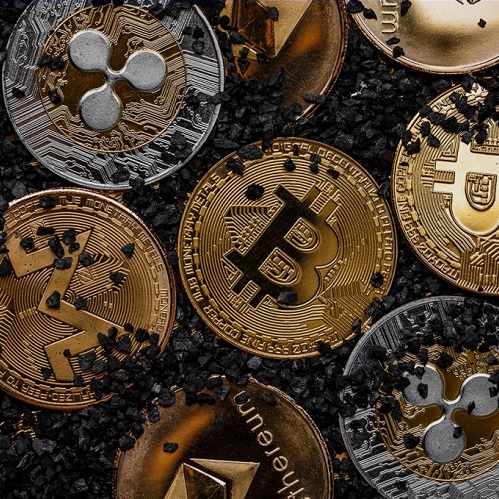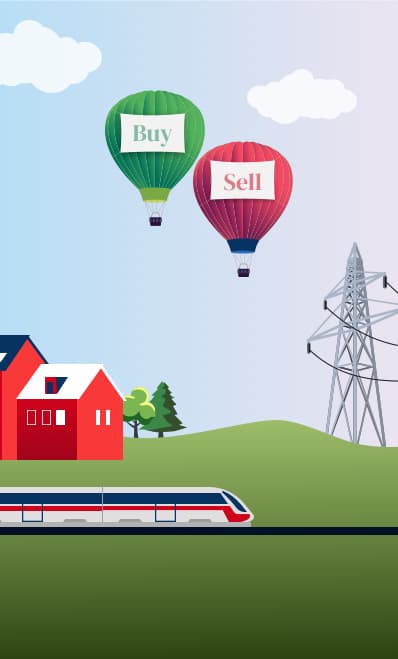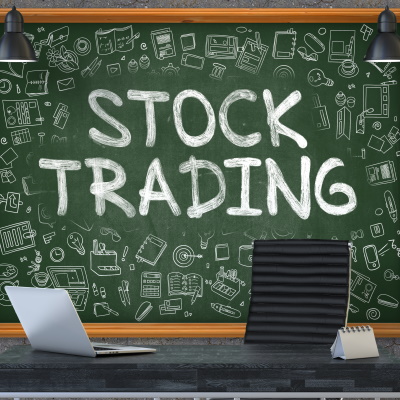Bitcoin and Blockchain
The cryptocurrency market keeps spinning hundreds of billions of dollars on a daily basis. Time to understand the blockchain?

What is the Blockchain
The cryptocurrency market keeps spinning hundreds of billions of dollars on a daily basis. To be precise, the total cryptocurrency market capitalisation circulates around $634,434,166,372, at the time of writing this article.
Everyone from famous stock investors to novice traders continue buying and selling cryptocurrency, using the trend in their favour. The total market capitalisation for Bitcoin at the time of writing this article is $170,996,082,750. Today, people around the world want to know how to invest money, in the UK as well. Therefore, looking for innovative ways and into the blockchain revolution has become quite popular.
What is blockchain? A blockchain is a growing list of records (called blocks) that are linked to each other with something called cryptography. A blockchain cannot be modified and is managed by a peer-to-peer network. Each block has the following features:
A cryptographic hash of the previous block
A timestamp
Transaction data
Here’s what you should know about Bitcoin in order to take advantage of it:
-
Remarkable Technological Base
Leading engineers believe that Bitcoin’s incredible blockchain technology is going to revolutionize the world. The only obstacle left to overcome – is the scalability that limits the number of Bitcoin transactions made per second. Nevertheless, the concept of blockchain has a bright future.
-
More Opportunities than Fiat Money
Fiat money, otherwise known as traditional paperback money such as the Euro or United States Dollar is controlled by the economy of its country. So, if you buy a newspaper in Germany, for instance, you’ll pay for it in Euros, in Moscow you’ll use Rubles and while travelling around Europe – payments will be done in Euros. The only way of making payments or buying things with cash while travelling abroad is by converting your money to the local country’s currency.
Crypto users, however, claim that the Bitcoin payment system surpasses the usual foreign exchange since it allows consumers to buy anything from anyone without the hassle or expense of currency conversion. Moreover, there are lots of places today that accept Bitcoin as a form of payment.
-
No Risk of Inflation
With Bitcoin, there’s basically zero risk of inflation. Inflation usually occurs when the Government issues more money over the year, decreasing the purchasing power of the people. With Bitcoin, the entire system was created with the sole purpose of being finite (and that number is speculated to be around 21 million). Thus, with governments deprived of the ability to issue more money than one can back, the danger of inflation comes is reduced to near-zero. This benefits both the seller and the buyer, in general.
-
Reduced Transaction Fees & Quick Payments
Transaction fees for Bitcoin payments are significantly lower in comparison than more traditional payments methods such as credit and debit card purchases. This is especially favourable for small business ventures.
In addition to that, credit card funds can be locked up for as long as a week (or even more) in case a customer asks for a chargeback. Thus, payment delays occur for apparently no reason whatsoever. This is not usually true for Bitcoin and other cryptocurrencies. They are usually much quicker in comparison to conventional credit card settlements.








